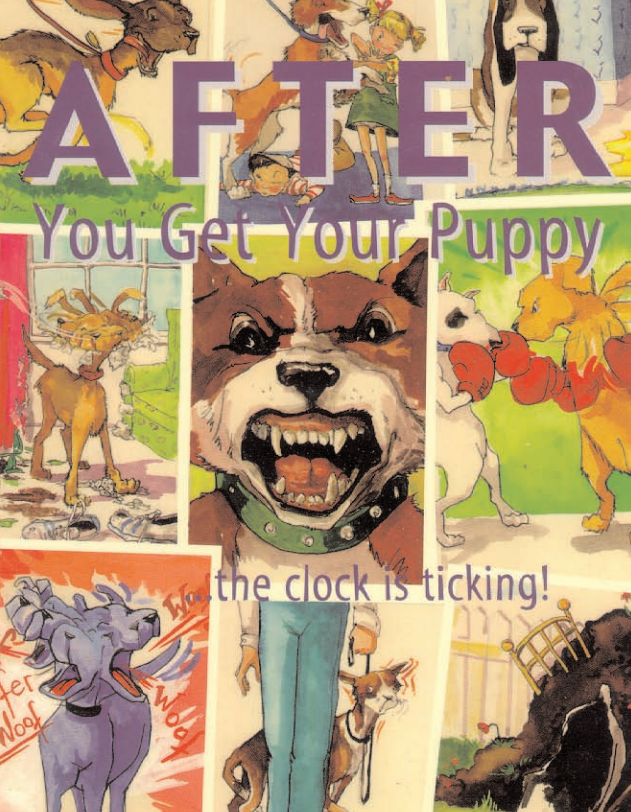Introduction
Embarking on the journey of raising a puppy is both an exciting and challenging adventure. Dr. Ian Dunbar's book, "After You Get Your Puppy," is an invaluable resource designed to guide new puppy owners through the crucial stages of their puppy's early life. This comprehensive guide emphasizes the importance of socialization, bite inhibition, and preventing adolescent problems, setting the stage for a harmonious relationship between you and your furry friend.
Key Developmental Deadlines
Dr. Dunbar outlines three essential developmental deadlines that every puppy owner should focus on:
Socialization with People (by 12 weeks of age): The most urgent priority is to expose your puppy to a wide variety of people, especially children, men, and strangers. Proper socialization helps your puppy become a well-adjusted and friendly companion.
Learning Bite Inhibition (by 18 weeks of age): Teaching your puppy to develop a soft mouth is crucial. Bite inhibition ensures that if your dog ever bites, it won't cause harm, making it easier to manage and correct any behavioral issues.
Preventing Adolescent Problems (by five months of age): This enjoyable priority involves accustoming your puppy to the world at large, ensuring they remain well-socialized and soft-mouthed. Regular walks, social interactions, and continued training are key to preventing behavioral problems during adolescence.
Household Etiquette
One of the fundamental aspects of raising a puppy is teaching them household manners. Dr. Dunbar stresses the importance of housetraining, chew toy training, and managing alone time. A structured confinement schedule helps prevent mistakes and promotes good behavior.
When You Are Not at Home: Confine your puppy to a small playroom with a bed, water, chew toys, and a doggy toilet to prevent accidents and destructive behavior.
When You Are at Home: Supervise your puppy and confine them to a crate or den when not directly interacting. This prevents mistakes and reinforces good behavior.
Training and Socialization
Training your puppy involves more than just teaching commands. It's about creating positive associations and encouraging good behavior through rewards
If You Want This Book Its free Here: https://shorturl.at/3mDyC
